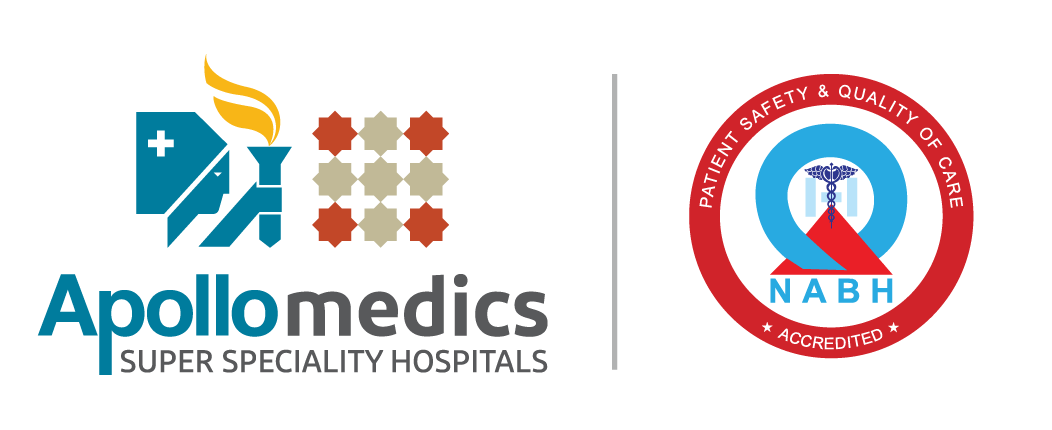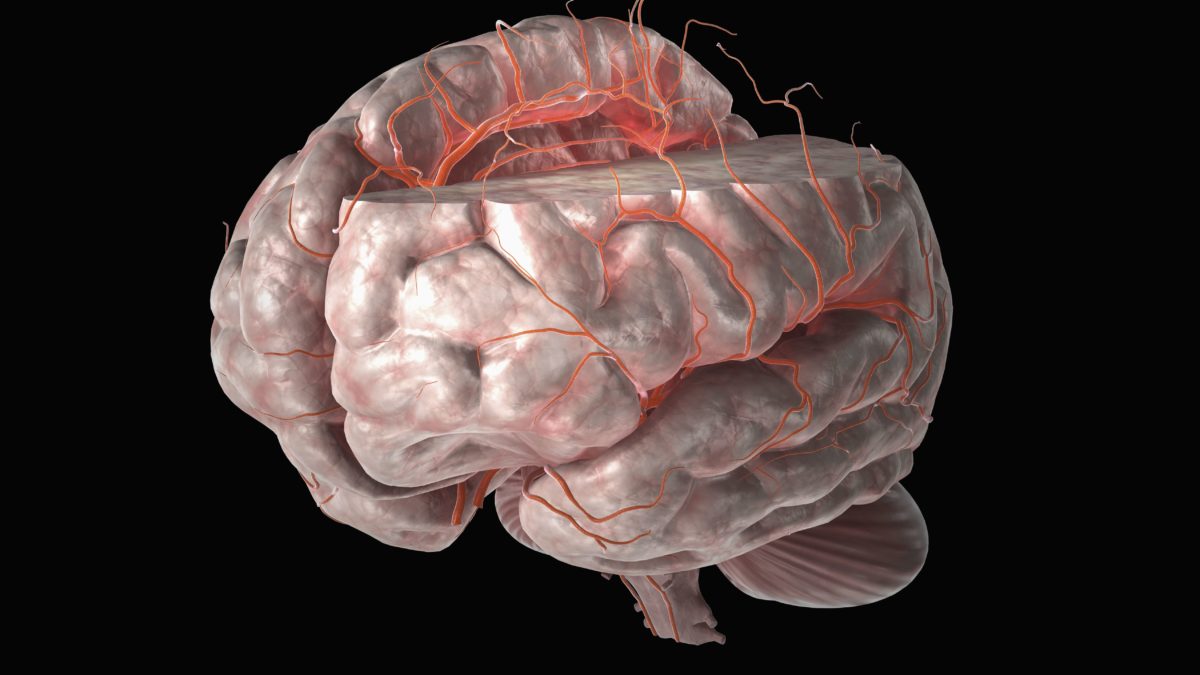What is Acute Ischemic Stroke or Brain Stroke?
What is brain stroke?
Brain stroke is defined as sudden development of neurological deficits due to a vascular event. The patient may have hemiparesis i.e. inability to move limbs on one side of the body. There may be inability to speak and variable degree of impairment of consciousness.
The underlying cause of brain stroke is either a sudden occlusion of an intracranial vessel due to blood clot or it can be due to intracranial bleeding. That due to sudden occlusion of a vessel is known as acute ischemic stroke.
Stroke Helpline: +91-8429029838
(For intracranial bleeding, look up Aneurysmal Subarachnoid haemorrhage).
Who is affected by acute ischemic stroke?& what are the causes?
Brain stroke can happen at any age. But often middle aged and elderly are affected.
It is often due to a blood clot migrating from diseased neck vessels like in atheromatous plaque or diseased heart as in valvular disease or atrial fibrillation.
Neck vessel disease can be due to atherosclerosis. This is seen in elderly. Hypertension, smoking, increased levels of cholesterol are some of the risk factors. In younger patients, arteritis and fibromuscular dysplasia may be the underlying cause. Arterial dissection either spontaneous or due to accidental injury may be the responsible in some cases.
How to identify a stroke?
Although evaluation by a qualified doctor is desirable, the symptoms can be identified by family members or people around as mentioned below.
- Sudden onset inability/difficulty to speak.
- Sudden onset hemiparesis.
- Sudden onset – Facial palsy.
- Sudden onset unconsciousness.
What to do if a stroke is suspected?
Immediate assessment by a specialist is desirable. It is best if the patient is immediately transferred to a speciality hospital.
Acute ischemic stroke is an emergency.
It is said that “Time Is Brain” in these circumstances. With every passing minute several thousand neuronal cells die. Treatment to recanalize the vessel is required to be undertaken at the earliest. The treatment options for good recovery need to be instituted in a very limited time window. This time window is up to 6 hours.
What will be the course at a speciality hospital?
At the speciality hospital immediately the relevant specialists are informed and such patients are taken care of on 24 hours all 7 days basis.
After evaluation by a specialist the preliminary patient management is started and base line investigations are carried out.
A CT scan of head will be performed to rule out any intracranial bleeding.
CT angiography for neck and brain vessels will be carried out. In some cases MRI scan and MR angiography is preferred.
Based on the investigation result appropriate treatment options are offered. And depending on the severity of stroke the patient is managed in Intensive care unit before and after undertaking specific stroke treatment options.
Treatment options in Acute Ischemic Stroke.
- A) Thrombolysis In patients who are within the 4.5 hour time window, thrombolysis (dissolution of clot) with tissue plasminogen activator (r TPA) can be done. The drug r TPA is administered through a vein by a trained neurologist.
- B) Mechanical thrombectomy In patients with intracranial major vessel occlusion an interventional procedure for removal of the clot is available. This is known as mechanical thrombectomy and is currently the standard practice in developed countries. This option can be offered within the 6 hour time window and can also be performed in an extended 16-24 hour window in suitable cases. This procedure is performed by a trained Neuro-interventional radiologist in Digital Subtraction Angiography lab.
Scope of recovery in acute ischemic stroke
Vascular occlusion in brain leads to reduced oxygen and nutrient supply to the affected part of the brain. If prolonged the affected part of the brain is permanently damaged. However in the early hours after stroke a sizable portion of the affected part of the brain may only be under-perfused. Early clot removal can help this part of the brain to survive. This helps in limiting the residual neurological deficit in a patient. Thus some patients may fully recover but some may have partial functional impairment. Some of these patients may require prolonged medical care and may be left with significant neurological deficit. It is also seen that some patients with large infarction or bleeding and those with associated co-morbid medical conditions may not survive despite the best efforts.
Thus the aim of the treatment is to limit the damage due to acute ischemic stroke and to improve the functional outcome. However the outcome depends on many factors.
Mechanical thrombectomy is available at Apollomedics Super Speciality Hospitals Lucknow.
The highlights of the package are that it is
Fast
State of the art
&Affordable.
Treatment course for the stroke patient in the hospital
The patients of having acute ischemic stroke are managed in Intensive care unit before and after undertaking the treatment option as well as in those where a conservative treatment is offered. The patient is looked after by Neuro-intensivist as well as specialist Neuro-radiologist and Neurologist.
Residual Neurological deficits due to stroke are managed and suitable physiotherapy is offered.
Once stabilized, the patient will then be transferred to the referring physician for further management and follow up.



